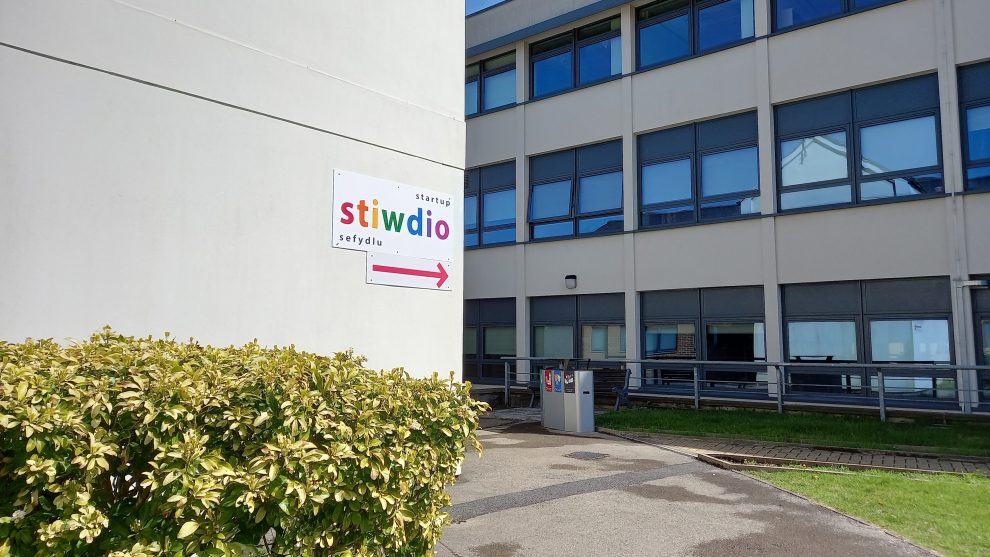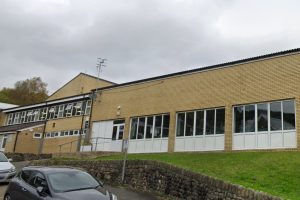THE University of South Wales (USW) is involved in two projects aimed at extending the benefits of Cardiff’s creative cluster across the region.
As part of the Creative Industries Cluster Hubs pilot, which is being led by Cardiff University’s Centre for the Creative Economy, USW will be working with local authorities in Rhondda Cynon Taf (RCT) and Newport – including the other Old Gwent counties – to develop their creative sectors.
Funded by the Arts and Humanities Research Council (AHRC) and Department for Culture, Media and Sport (DCMS), the aim of the three pilot hubs – Newport, RCT, and another in Monmouthshire – will be to drive investment and extend the benefits of Cardiff’s thriving creative industries across the Cardiff Capital Region (CCR).
While specific plans are being finalised, these could include opening physical spaces where creatives can collaborate, initiatives to develop local skills and support creative businesses, networking opportunities, and investment in new research and innovation. The project will be delivered between now and December, with evaluation undertaken by next February.
This latest project builds on the legacy of the Clwstwr research and development project – which also involved USW – which, between 2018 and 2023, embedded innovation in the local media sector in South Wales, funding 118 industry R&D projects which created new products, services, and experiences for the screen and news sectors.
Richie Turner, who is Incubator Manager at USW and leads on developing graduate businesses at the University, said: “We are really looking forward to partnering with Rhondda Cynon Taf Council and Newport City Council on these projects because, at USW, we are experts in developing creative entrepreneurs.
“What we’re looking to do with this programme is to build the network and identify new creative freelancers and startups and nurture them through a creative entrepreneurship programme, and then hopefully launch them into the sector to help it grow. Both projects will benefit from being located in our Startup Stiwdio incubators in our Newport and Treforest campuses, linking USW even more closely with our local communities.
Jess Mahoney, Head of Creative Cardiff, said: “Since 2015, Creative Cardiff has worked to tell the story of Cardiff’s creative sector, bringing together artists and innovators for collaboration and connection, and helping define the cultural identity of the city.
Creative Industries Cluster Hubs will build on this work, helping to extend the reach and impact of the city’s thriving creative cluster. This will connect new talent with future opportunities and shine a light on the creative practitioners and enterprises active in communities all across the Cardiff Capital Region.”
Councillor Jane Mudd, Leader of Newport City Council, said: “Newport has a thriving cultural scene with some incredibly talented and creative people working in a range of fields including art, music and theatre. I’m delighted that the city is set to benefit from pilot funding for a creative hub. The idea of bringing creative individuals together and opening up new opportunities is very exciting. I’m looking forward to seeing this promising project in action.”
Rhondda Cynon Taf Councillor Bob Harris, Cabinet Member for Public Health and Communities, said: “We recognise the importance of the creative to the regeneration of the county borough and are looking forward to strengthening our offer for local creative talent. This work will include developing our partnership with the University of South Wales to industries provide creative businesses with the skills they require to take advantage of sector opportunities within the Cardiff Capital Region.”
Cardiff University’s Centre for the Creative Economy creates a space for much-needed research and engagement projects focused on the creative industries in Wales. Within the Centre, three specific programmes of work are being delivered: Creative Cardiff, established in 2014; Clwstwr (2018 – 2023) and Media Cymru (2022 – 2026).
Anyone wanting more information about either of the projects should email [email protected]
For more information, interviews, or multimedia content, please contact the USW Communications team on 01443 483362 or email [email protected].
Please contact [email protected] if you would like this document in Welsh. Mae’r ddogfen hon ar gael yn Gymraeg.
University of South Wales: We are the University for South Wales, with campuses in Cardiff, Newport, and Pontypridd. Driven by our mission to change lives and our world for the better, USW is Wales’s leading widening participation university, improving individuals’ life chances and creating more prosperous communities.
USW has two wholly owned subsidiaries – the Royal Welsh College of Music and Drama, and The College Merthyr Tydfil. Together we make a significant economic contribution – £1.1billion to the UK economy every year – each £1 received in income generates £5.30 to the wider economy*.
We were founded by industry more than 180 years ago, and we continue to let the outside in with an industry-led curriculum, real world work experience, and applied research and innovation, co-created with industry to address local and global challenges. We work in partnership with international and local employers, including Thales, TATA Steel, Celtic Manor, the FAW Trust, Cisco, and various public sector bodies, including police forces and the National Health Service.
Our growing suite of degree apprenticeships and foundation degrees, alongside the
continued delivery of USW’s Network 75 programme, extends the education offering for students who can earn while they learn, broadening the appeal of studying, and creating graduates who are in touch with business and industry needs.
With students from more than 100 countries, we are global in our outlook, with a vibrant and diverse student community.
*Based on data from the 2019/20 economic year, Biggar Economics


















